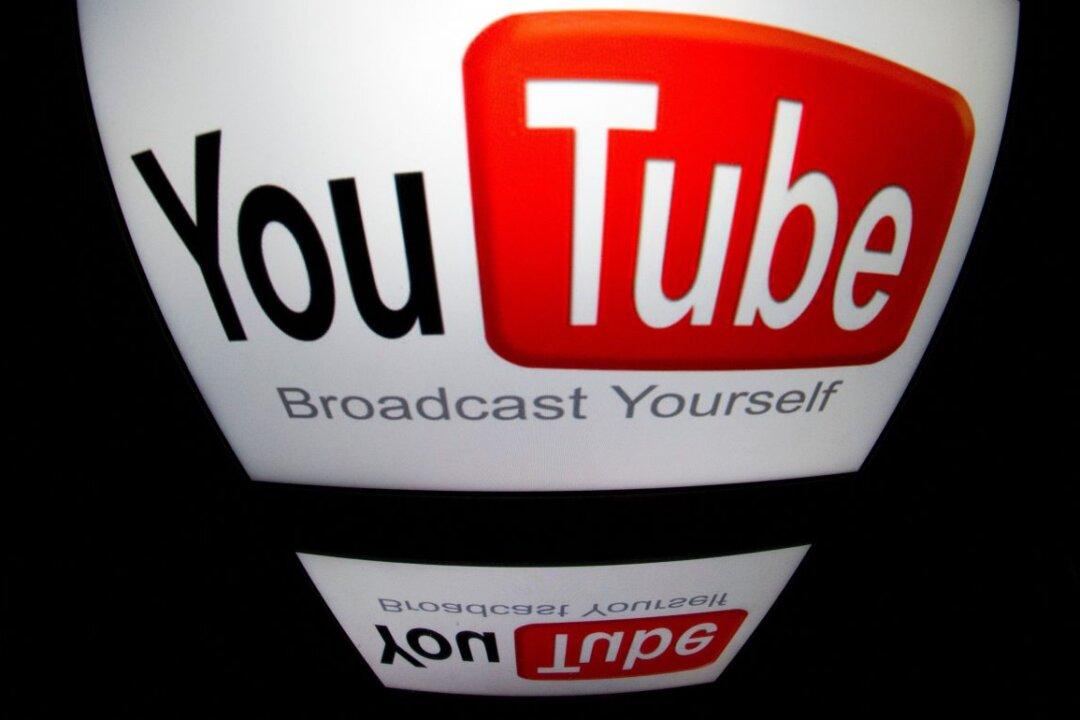Google’s video sharing platform YouTube has removed a video exposé by Project Veritas that showed Google employees and internal documents describing methods Google uses to infuse its politics into its products in order to surreptitiously push its users toward a worldview preferred by Google.
One employee even appeared to say, when caught on hidden camera, that Google’s goal in some of its efforts was preventing President Donald Trump or anybody like him from getting elected again—an assertion confirmed by another Google employee speaking under the condition of anonymity.





